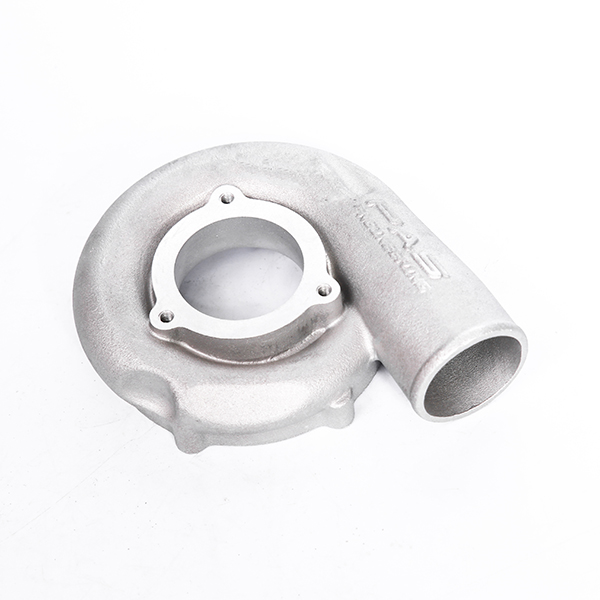Mobile:+86-311-808-126-83
Email:info@ydcastings.com
Exploring the Versatility and Benefits of Custom Cast Iron Solutions for Various Applications
The Versatility and Importance of Custom Cast Iron
Cast iron has long been revered for its durability and strength, making it a staple in various industries. In recent years, the rise of custom cast iron has taken this traditional material to new heights, offering tailored solutions that meet the specific needs of manufacturers and artisans alike.
Custom cast iron refers to the process of molding and shaping iron to create intricate designs or specific functionalities that are not achievable with standard cast iron products. This customization can range from unique shapes and sizes to specific alloy compositions that enhance certain properties such as heat resistance, corrosion resistance, or weight. As a result, custom cast iron can be utilized in a myriad of applications, including automotive components, cookware, architectural elements, and industrial machinery.
One of the most significant benefits of custom cast iron is the ability to create products that are perfectly suited for individual requirements
. For example, in the culinary world, chefs can now have specialized pans and cookware designed to their cooking styles, enhancing the overall experience in the kitchen. The ability to customize these tools not only improves functionality but also can lead to better culinary results.custom cast iron

In manufacturing and industrial settings, custom cast iron components can directly influence the efficiency and effectiveness of machinery. By tailoring the shape and material composition, engineers can enhance product durability and performance, which translates to reduced maintenance costs and longer equipment lifespan. This adaptability makes custom cast iron an asset in sectors such as construction, automotive, and energy.
Furthermore, custom cast iron plays a critical role in sustainable manufacturing practices. By producing specific components on demand, businesses can minimize waste and reduce the environmental impact associated with mass production. This shift toward customization also encourages innovation, as companies can experiment with new designs and materials that may not have been viable in traditional manufacturing settings.
In conclusion, the advent of custom cast iron opens up a world of possibilities across various industries. Its versatility, durability, and adaptability not only enhance product functionality but also foster a more sustainable approach to manufacturing. As technology continues to evolve, the potential for custom cast iron to meet the demands of modern society will only grow, solidifying its place as a vital resource in both artisanal and industrial applications.
-
Understanding Metal Casting TechniquesNewsApr.02,2025
-
Understanding Exhaust Manifolds for Enhanced Engine PerformanceNewsApr.02,2025
-
The World of Metal FabricationNewsApr.02,2025
-
Key Components for Pump and Turbo EfficiencyNewsApr.02,2025
-
Essential Tools for Automotive Maintenance and RepairNewsApr.02,2025
-
Durable Valve Components for Effective Water ManagementNewsApr.02,2025











